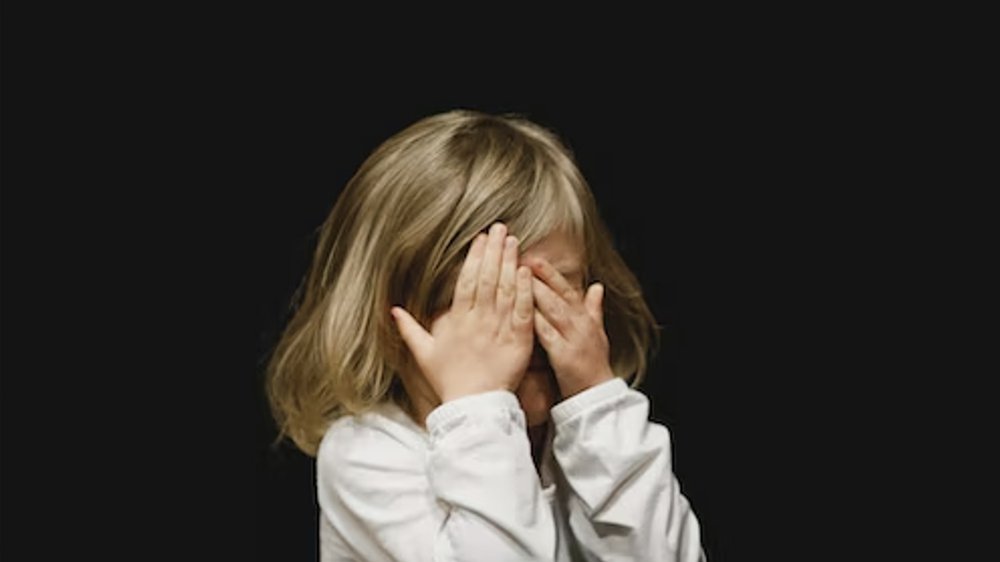Holidays can be stressful no matter your family. But what about families that don’t always get along? Whether it’s past tensions, differing opinions, or general annoyance of bringing the whole family together, holidays aren’t always perfect and peaceful. When it comes to parenting, how do you model positive relationships when/if your family doesn’t really get along?
Honestly, we do deal with some family tension, and I am a bit nervous about the holidays. We had a Christmas Day blow up a few years ago, and I’m determined to do my part so that doesn’t happen again. As a parent who is always looking for teachable moments, here is what I’m planning to do to foster positive relationships.
- Plan ahead. – My kids do better together when we have a plan. Whether it’s game night, Christmas light walk, Hallmark movie marathon, community service, or cookie baking, I am creating a schedule for what we can do when. I consider myself the family cruise director, providing a variety of options. This doesn’t mean we have to do everything on the list, but it means we have ideas and supplies at the ready. Resilience concept: Organization is keeping things in order; having a plan of action.
- Provide for alone time. – My sons are both introverts. Therefore, I know that I cannot expect them to engage with the grandparents and other loved ones 24/7. They need time alone to recharge. Letting them know when they will have this opportunity to reset enables them to persevere through the family activities. Resilience concept: Self-Awareness is knowing your strengths and weaknesses; being able to know and understand how you feel.
- Expect growth, not perfection. – Being fully aware of our humanity, I know that our holiday celebration will not be without some hiccups. What fun would that be anyway? If I lose my cool, say or do something hurtful, I will own it without excuse. Then I will have the conversations I need to have to do my best to make things right. Resilience concept: Forgiveness is putting another’s wrongs behind; letting go of anger over a wrong.
- We’re all just trying our best in parenting, and then it happens: unsolicited opinions or advice about our parenting. Whether it’s an older sibling or your partner’s parent, it can range from difficult to navigate to downright annoying to get your parenting scrutinized, especially in front of your kids. How should parents deal?
I’ve been a parent for over 24 years now. I’ve had my share of dirty looks and constructive criticism from plenty of people. What I’ve learned is to take a look instead of taking offense. What do I mean? I need to listen openly to the advice being offered and see what I can learn from it. It can be difficult for people who only have a snapshot of us at the holidays when kids are high on sugar and eager for gifts to get an accurate view. However, we must acknowledge that their perspective may provide insight into issues that we have struggled with for months. Sometimes we are just too close to the situation to see it clearly. Most importantly, I’ve learned to discern the spirit behind what is being said. If I walk away feeling encouraged and empowered as a parent even after discussing areas for improvement, then I know there is merit to what I have been told. But…if I feel guilt or shame…like a failure as a parent…then I know to toss out the critique. The truth is…parenting is hard. We won’t get it right all the time. And we and our kids need other people to us grow happy and healthy.
- Sibling rivalry. It’s real, it’s messy, it’s universal. What’s the best way to deal with it as a parent?
Yes, sibling rivalry is real, and it’s not something we “just grow out of”. Our family knows how quickly good-natured teasing can escalate into a yelling match with a few choice words. As the mama, I’ve learned that my job is to love each one of my children unconditionally. Making one-on-one time a priority with them, whether it’s a movie date or coffee conversation, let’s them each know that I am for them. Secondly, I remind them that kindness begins at home. They need to use words and actions that build up and not tear down. Thirdly, I get out of the way. As painful as it is at times, I need to let them work it out on their own. This may mean that there is a period of estrangement, but they have the opportunity to be the best of friends if they work at it. Now that my kids are 24, 19, and 17, I’ve realized more than ever that they are responsible to steward their relationships with each other.
About the author

Tamara Fyke is an educator and social entrepreneur with a passion for kids, families, and urban communities. She is the creator and author of Love In A Big World, which provides mental health, SEL, and wellness curriculum and content. During quarantine, Tamara created MusiCity Kids, an online educational show for kids ages 6-12 that addresses health, movement, character development, STEAM, and more.











